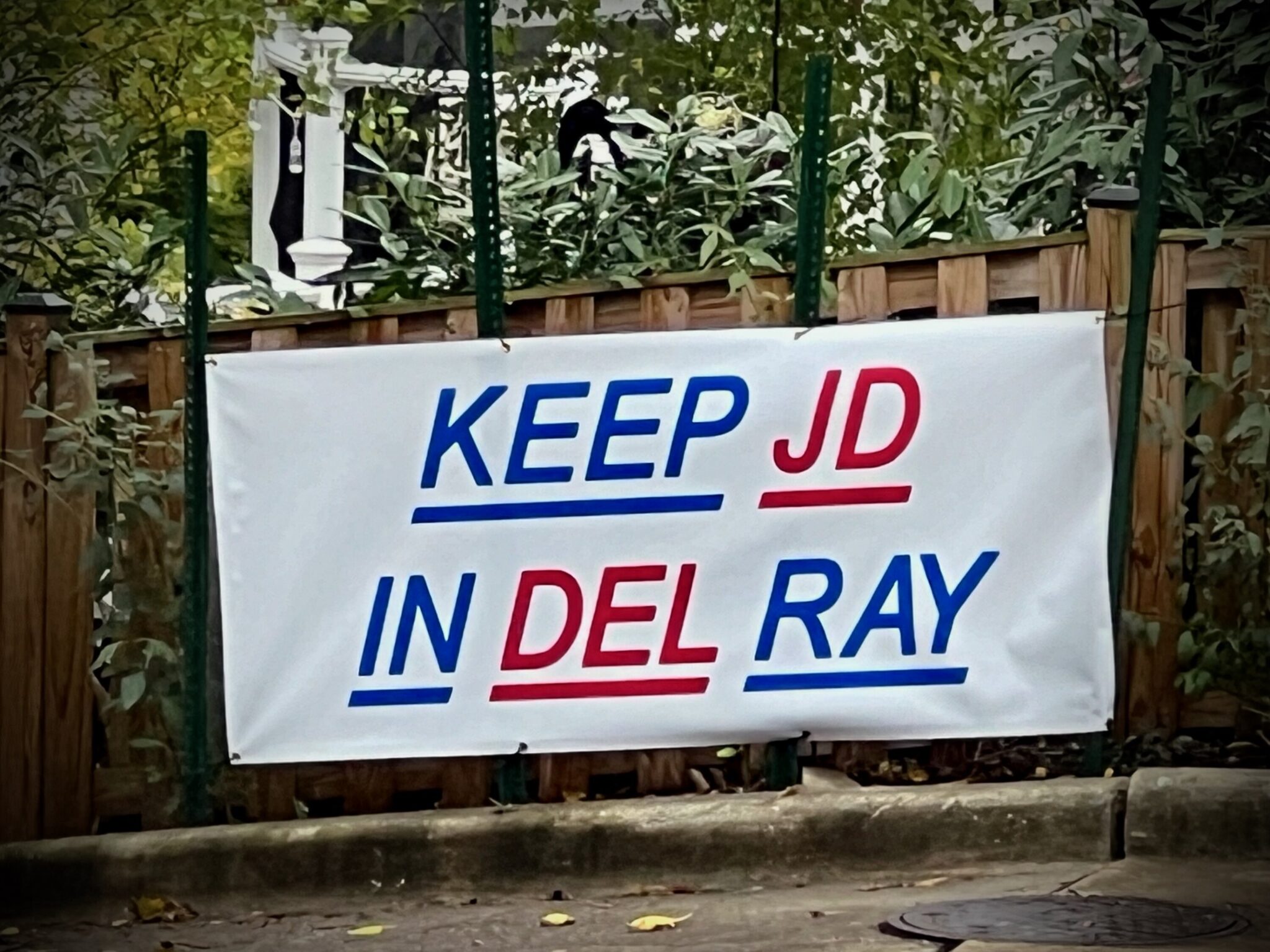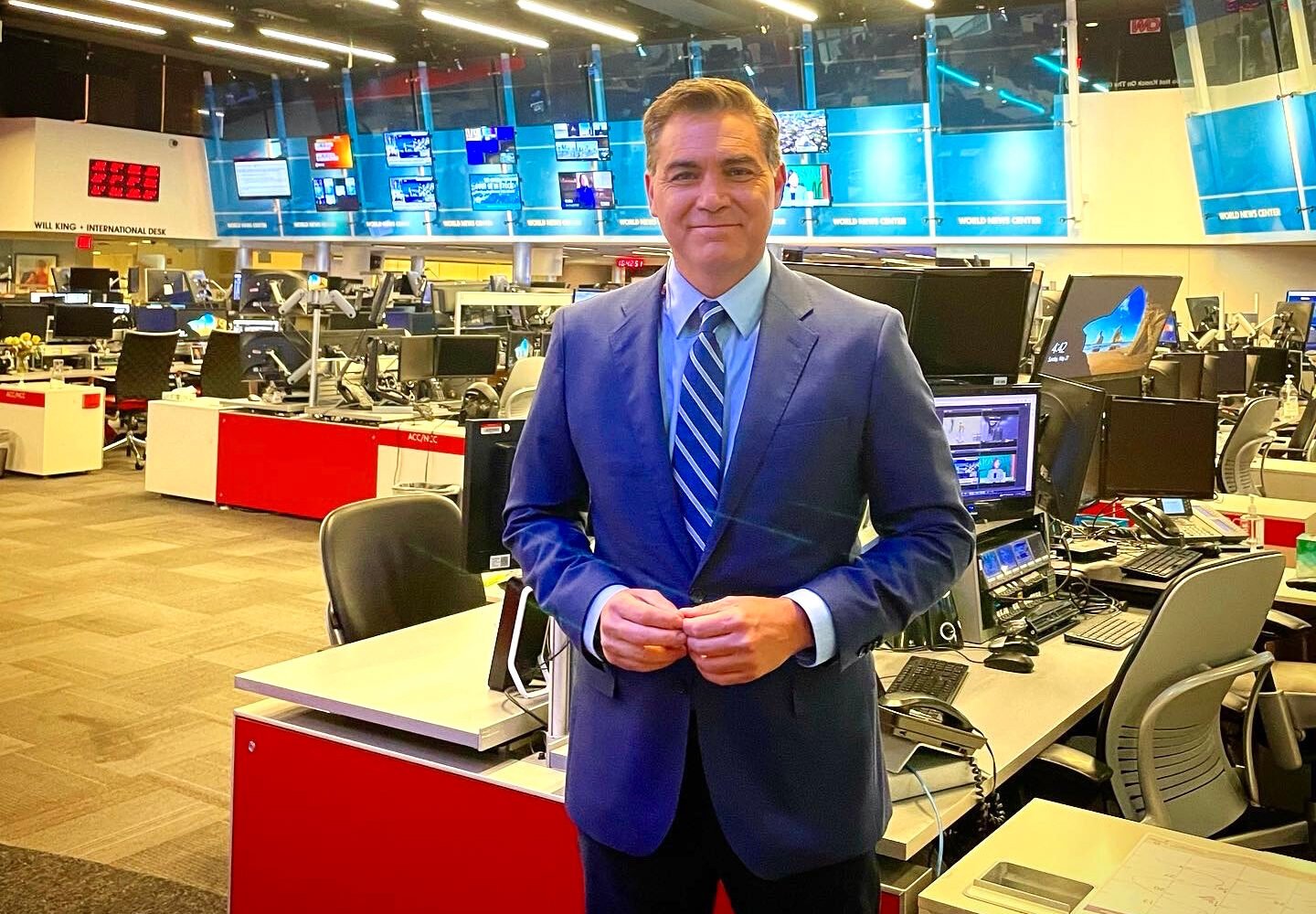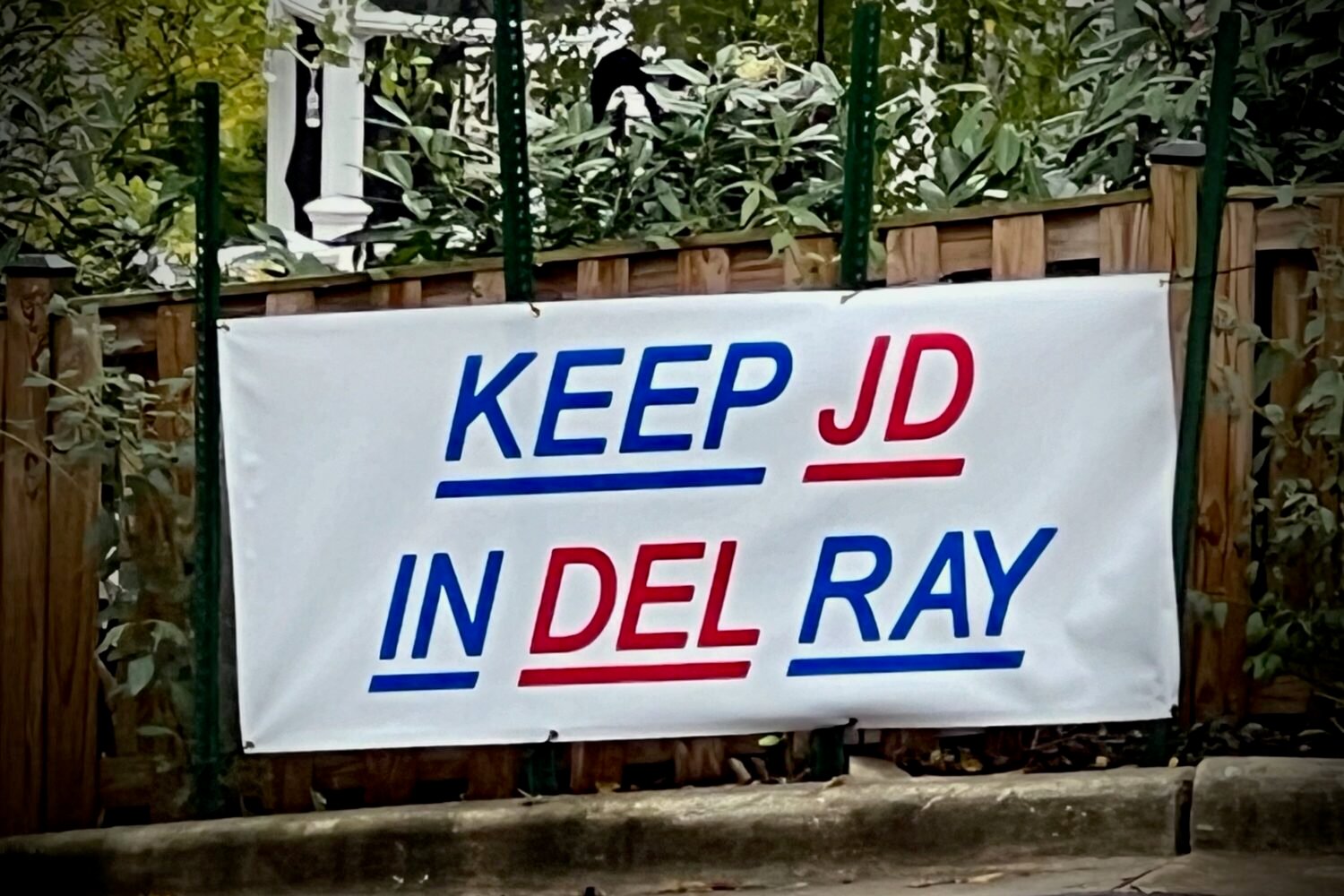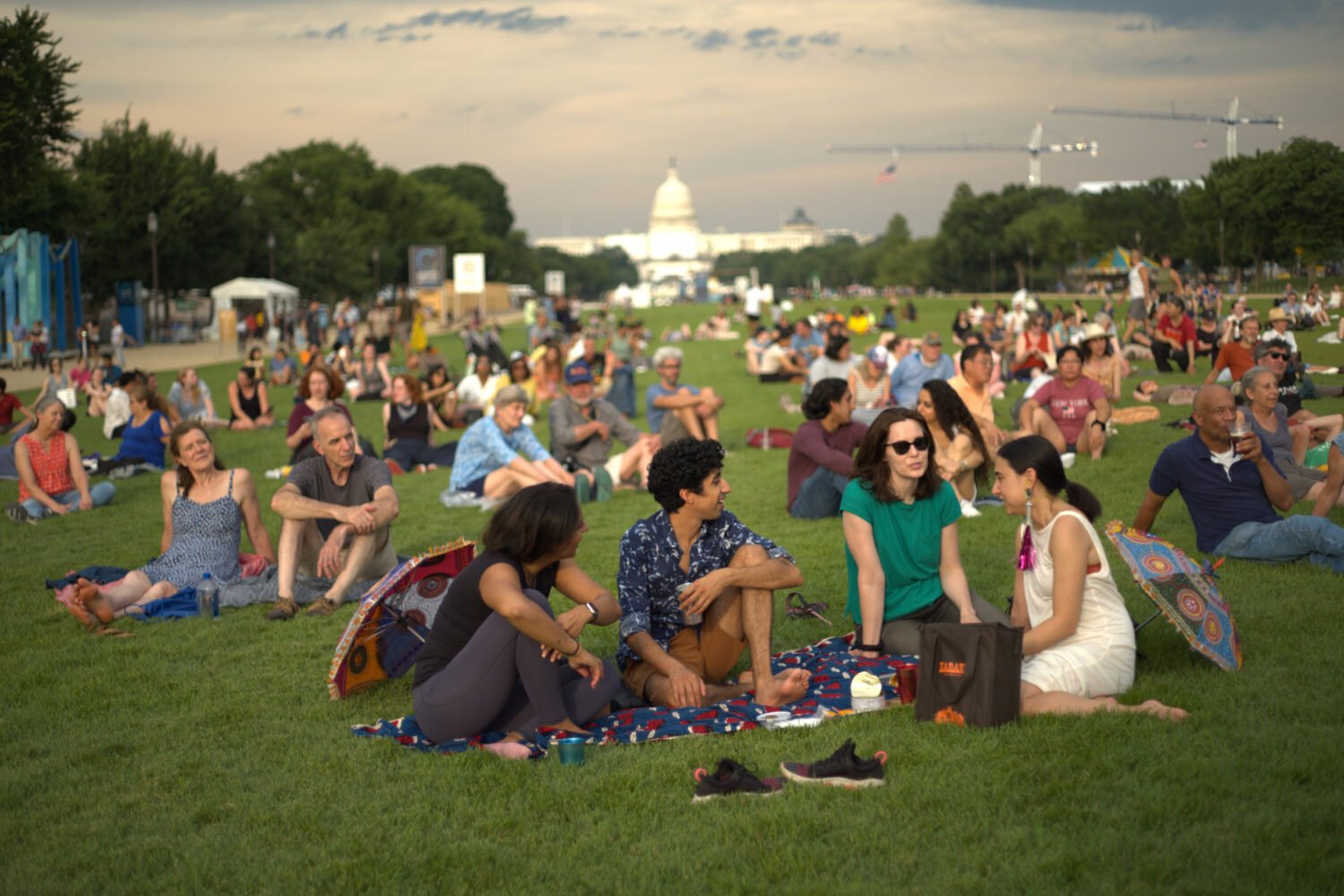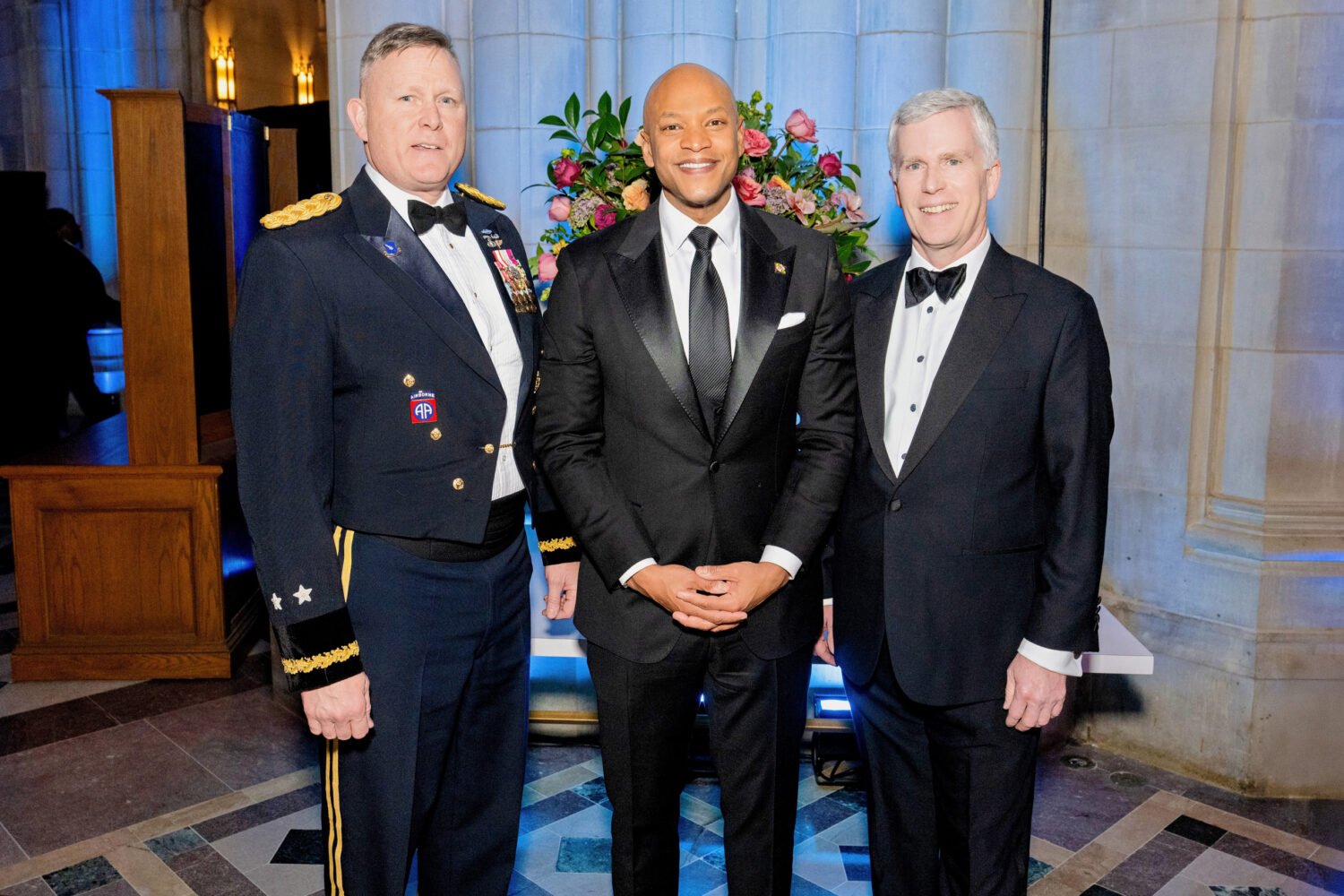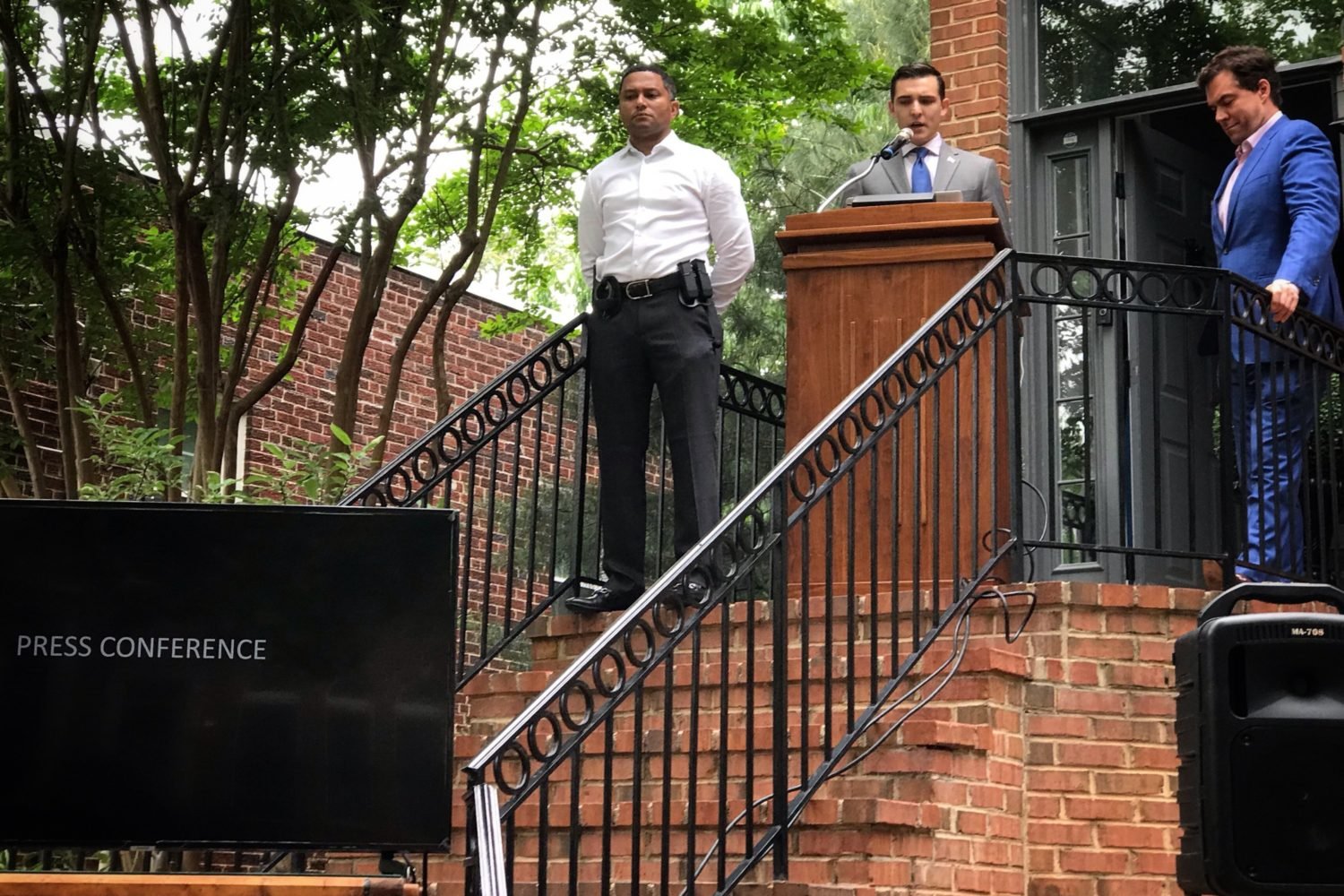The streets of Alexandria’s Del Ray neighborhood have become a mosaic of signs promoting Kamala Harris’s presidential campaign since the US Secret Service temporarily closed a neighborhood park near vice presidential candidate JD Vance’s house. Many boast messages like “Childless Cat Couples for Harris and Walz.” Recently, city inspectors have had a different message for some neighborhood residents: Your sign is too big.
One Del Ray resident, who spoke on the condition of anonymity because they were worried about things getting weirder, told Washingtonian they’d had a visit last Thursday from the city’s Planning and Zoning office about an anonymous complaint about their Harris/Walz banner. City code allows temporary signs of four square feet or less, and the sign on her fence was just a tad bigger than that, she says.
The inspector was apologetic, the resident says. There’s more evidence of sign-enforcement afoot: A house on a different Del Ray street earned a visit about their Harris banner, according to posts on Bluesky; another resident who affixed a large Harris banner to the side of her house so it’s visible to Vance’s motorcades held an online fundraiser after she received an inspection visit (she raised more than $3,000 for the John and Lillian Miles Lewis Foundation and a get-out-the-vote campaign and intends to pay the fines out of her own pocket, she says online; the resident hasn’t yet replied to a message from Washingtonian).
“Every single campaign season we receive complaints about signs,” says Tony LaColla, the city’s Land Use Services Division Chief. Complaints happen during all manner of political races, he says, from city council campaigns on up. LaColla says his office receives “a ton” of complaints about signs in the medians, for instance. (Alexandria prohibits signs in public rights-of-way.) His office doesn’t go looking for violations—”we are a response-based organization,” he says—but when someone complains, either anonymously or with their name attached, his office visits the homeowner, measures the sign, and if it’s out of compliance gives them ten days to remove it or face a $200 fine. Staff don’t consider the content of any sign: “It doesn’t matter if it says Coca-Cola or it’s an ad for a presidential candidate,” LaColla says. “We can only look at the size.”
Indeed, on the day someone—I was unable to get any clear answers on who—had Jersey barriers in front of a park near Vance’s house painted after residents chalked pro-Harris signs on it, I saw a small Trump/Vance sign had appeared in the median strip nearby. It was gone the next day, apparently due to a complaint.
Still, the sign war continues in overwhelmingly Democratic Del Ray, where Vance bought a house for $1.6 million in an all-cash offer last spring. A sign recently went up on a fence a few blocks away that says “KEEP JD IN DEL RAY,” which doesn’t completely appear to be motivated by a desire to keep him as a neighbor.
Anyone who’s calling the city to complain about Harris/Walz signs seems liable to prompt the type of person who’s typically drawn to this small city—whose mayor once described the jurisdiction to me as a “community full of valedictorians”—to read the rest of the statute, which allows for ten feet total of temporary signage. Halloween is probably going to be intense in Del Ray this year.

